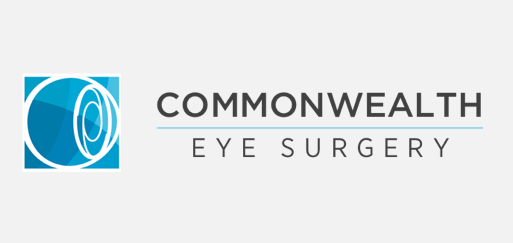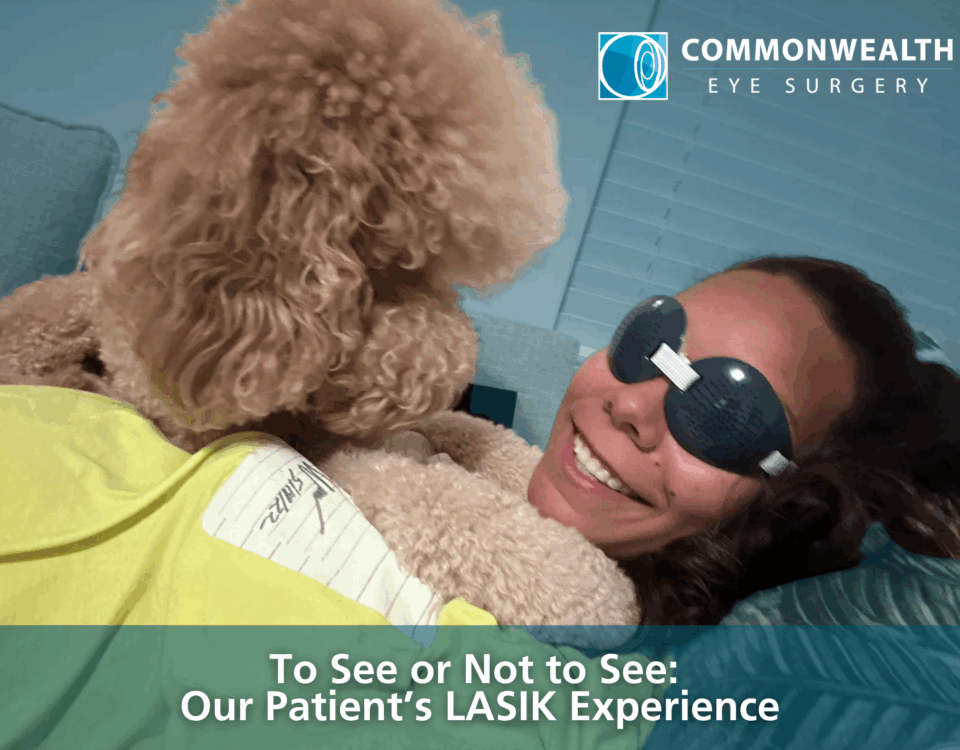
“Age-Related” Vision Problems Can Affect People of Any Age
January 21, 2014
The LASIK Evaluation: A Personal Story
February 7, 2014With normal vision, your cornea and natural lens work to bend, or “refract” light, so that it focuses on the retina, which converts light into impulses sent to the brain, which then recognizes it as an image or images. If this doesn’t happen correctly, images will appear blurry. This is what we call a refractive error. Glasses, contact lenses and refractive surgery (like LASIK) are used to reduce these errors.
Why do refractive errors occur? When an eyeball, cornea or lens is imperfectly shaped, or in cases of presbyopia, a lens that is unable to change shape to the extent needed to focus on objects up-close—you will experience vision problems.
- Refractive eye errors fall into one of these categories:
- Myopia, or nearsightedness, is when only nearby objects are clear.
- Hyperopia, or farsightedness, is when you can see object far away better than up-close.
- Astigmatism is when your vision is blurry, regardless of whether objects are near or far.
- Presbyopia, or “aging eye,” usually develops between 40-50 years of age and makes it difficult to see objects very close. It can be corrected with bifocals or reading glasses, but is not always treatable with LASIK or other refractive surgery. It depends on your unique situation.
Is LASIK Right for You?
If you have a refractive eye error, you may be considering laser eye surgery. Here are some factors to think about:
You should be at least 18 years old. Up until 18, vision could continue to change.
You shouldn’t be pregnant or nursing. Pregnancy and nursing can actually change the measured refraction of the eye.
Are you on prescription medications? Some medications, like Accutane or oral prednisone, can cause problems.
Your prescription should be stable and eyes healthy. Ideally, your prescription should be stable for 2 years before getting LASIK. If you have myopia, you should postpone LASIK until your refraction is stabilized. Myopia can continue to increase until some people reach their mid- to late 20s.
Are you otherwise healthy? When you come in for your consultation, we will go over your medical history but in general, we take a closer look at patients with diabetes, rheumatoid arthritis, lupus, glaucoma, herpes infections of the eye, cataracts, disorders of the cornea, and retinal disease.
Do you have a history of dry eye? If you’ve suffered from dry eye in the past, you might be at risk for developing a more serious condition post-LASIK. We will screen you for dry eye before you have LASIK or other refractive procedure.
Choosing to have LASIK is a personal decision. We’re here to answer any questions you may have. Sometimes hearing others’ stories can put your mind at ease. You can read about some of our patients’ experiences to get an idea of what it’s like.




